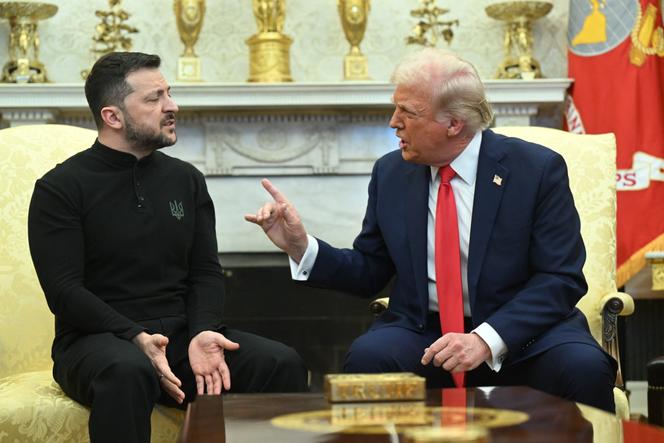


It took the death of Pope Francis for Donald Trump to venture outside the American borders. The president's trip to the Vatican for the April 26 funeral will soon be followed by a scheduled Middle East tour in mid-May. Trump, however, preferred to host at the White House. The Oval Office became a television studio where guests paraded, with varying degrees of success. Favoring impromptu press conferences, seated in his large chair, Trump signed decrees, complimented, threatened, insulted, raised and lowered tariffs; changed his mind while insisting on his consistency; disregarded traditional US allies; and developed an unprecedented imperialist discourse.
His comments about Canada, which he dreams of as the 51st state, or Greenland reflect a new atmosphere in Washington, a nostalgia for territorial expansion and a disregard for international law. They also damage the United States's reputation in an unprecedented way since George W. Bush's war in Iraq. "What Trump says, his desire to return to a fortress America detached from distant commitments, resonates strongly with the country's grand strategy before World War II," noted Charles Kupchan of the Council on Foreign Relations think tank. "This grand strategy, from the late 18th century until Pearl Harbor, was essentially isolationist, unilateralist, protectionist and anti-immigrant." The world has changed since then. The national revival that Trump claims to be leading resembles more an American self-mutilation.
You have 89.28% of this article left to read. The rest is for subscribers only.
